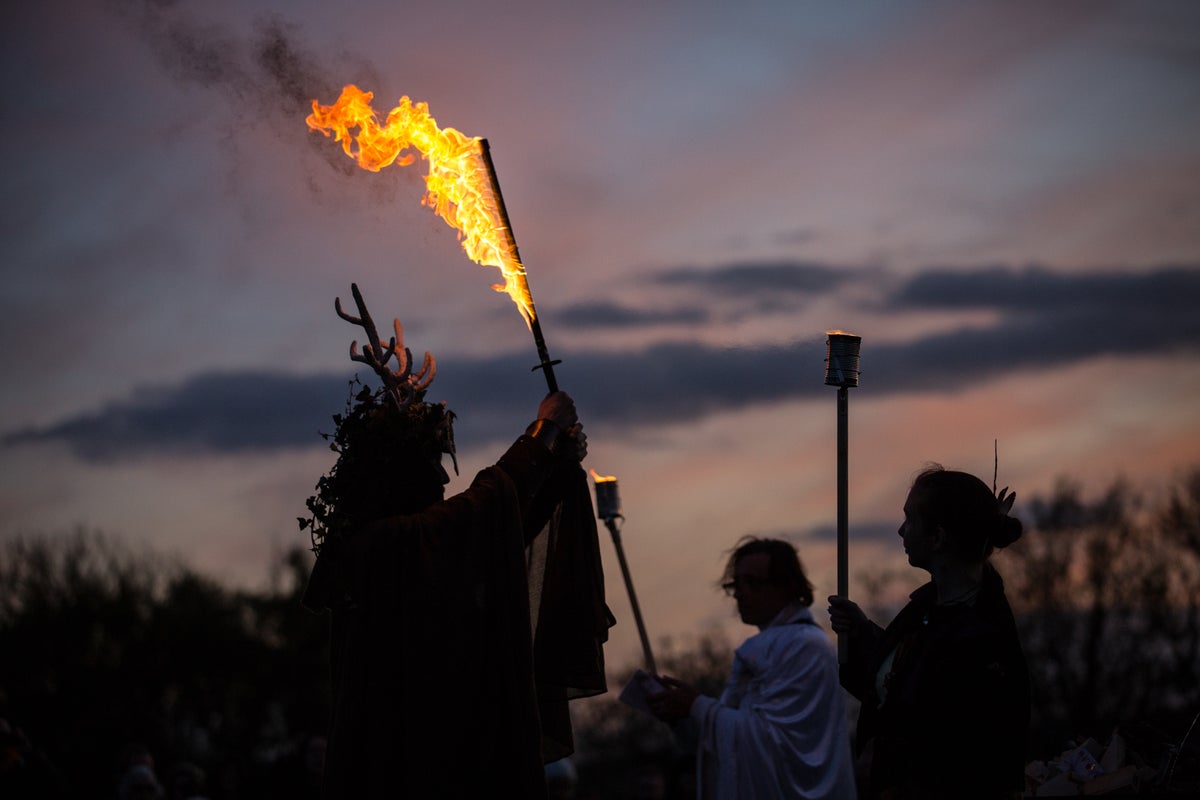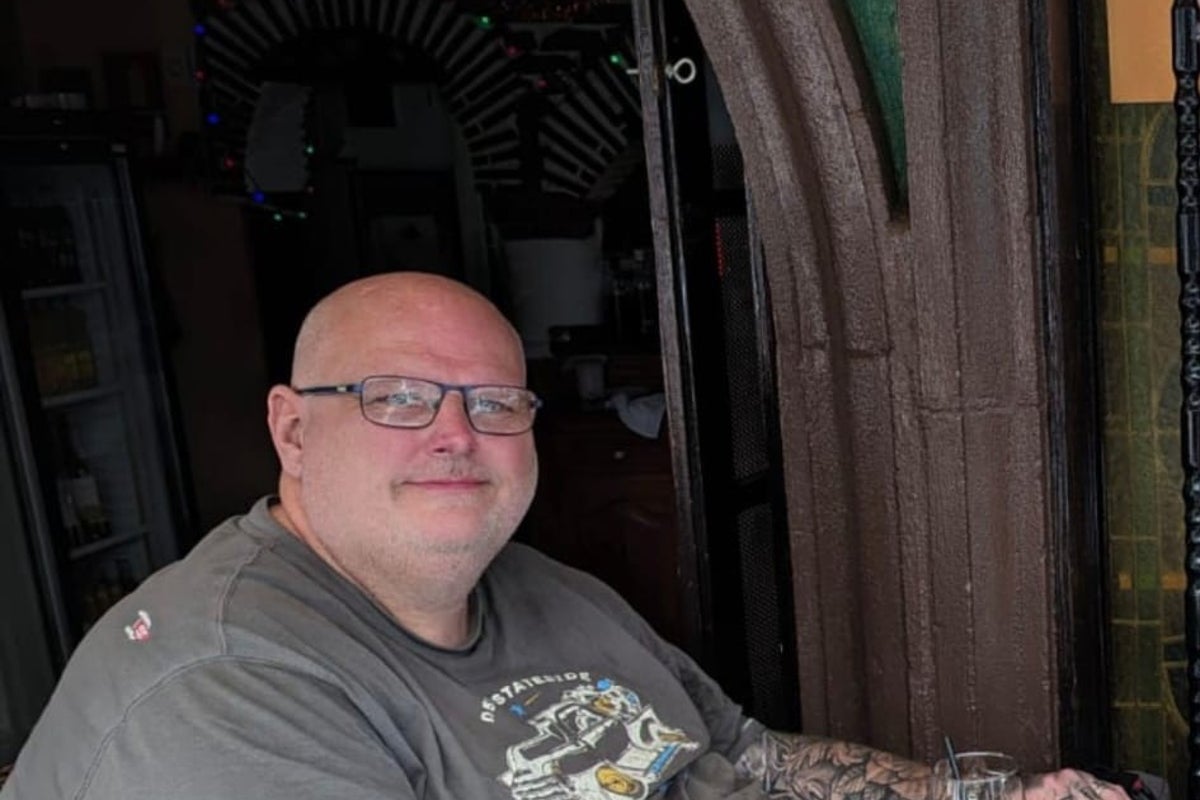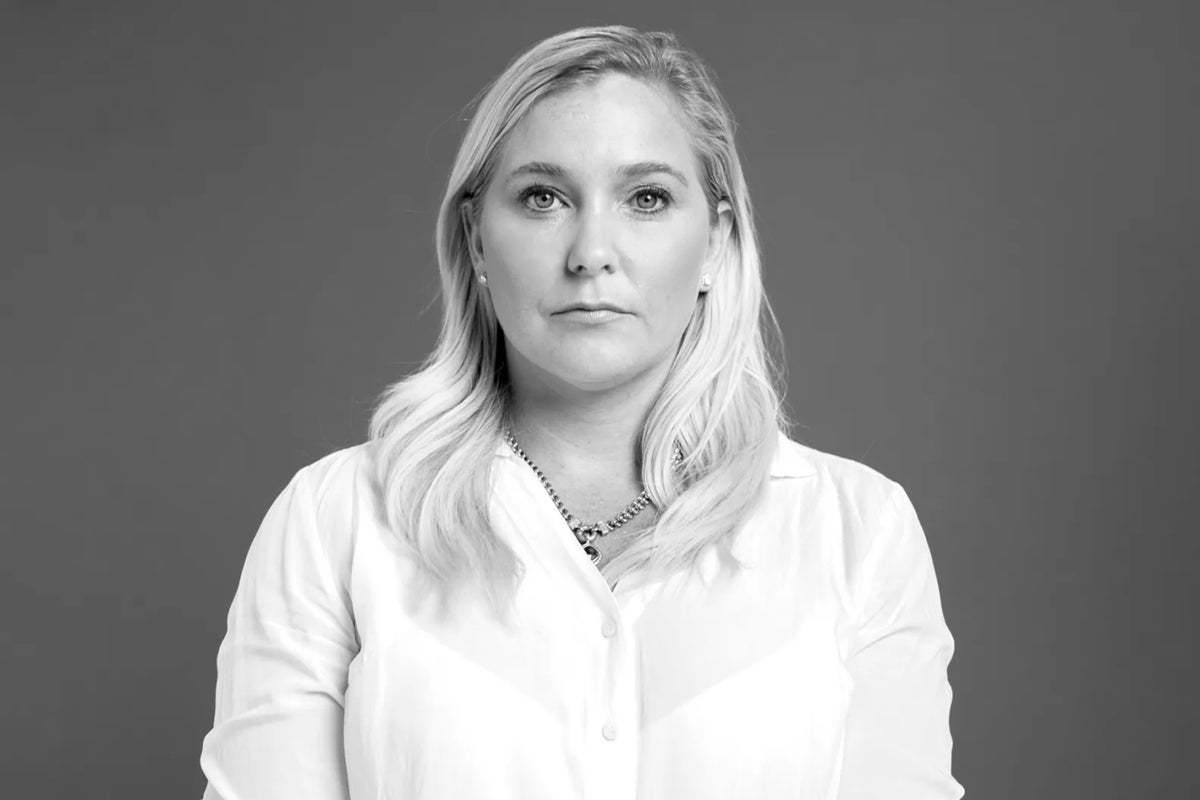Wellness Travel: The New Religion of Self-Improvement Disguised as Vacation, and It’s Dividing Us Like Politics and Religion in 21st Century America
In recent years, travel has transformed from a mere leisure activity into a deeply personal journey, often framed as a quest for wellness and self-improvement. The evolving landscape of wellness tourism reflects broader societal shifts towards maximizing productivity and enhancing personal health. Once associated primarily with relaxation and escape, vacations now serve more defined purposes—a trend that has gained momentum with the onset of the pandemic. The industry is growing at a staggering rate, with projections suggesting a rise from $1 trillion to $3.25 trillion in the next decade, further embedding wellness into the cultural fabric of travel.
As we move past the era of traditional sightseeing, new concepts have emerged within the travel industry. Grief retreats cater to individuals seeking solace after loss, while ‘solorettes’ provide rejuvenation for solo travelers desiring time alone. Remote work has blurred the lines between vacation and work, giving rise to quiet getaways focused on mindfulness and rejuvenation. This multifaceted approach to travel emphasizes the necessity of physical and mental health amid the chaos of modern living.
Hotels and retreats that specialize in wellness offerings have gained significant traction. These establishments often boast comprehensive wellness programs that incorporate high-quality workouts, luxurious spas, and nutritious, plant-based menus. They also embrace innovative therapies, including equine therapy, spiritual rituals, falconry, and the increasingly popular biohacking methods aimed at optimizing physical performance. While some may dismiss these practices as “woo-woo,” the willingness of travelers to invest in transformative experiences cannot be overlooked.
Henley Vazquez, co-founder of the modern travel agency Fora, notes an annual spike in wellness travel bookings at the start of the New Year. This trend reflects a collective desire to renew commitments to health and self-care, rather than relying solely on resolutions that often falter. The end of the holiday season prompts reflective thinking, leading many to seek tangible changes that can enrich their lives.
The pandemic has also led to an overarching awareness of health and wellness. Individuals turned to nature for comfort, picking up hiking as a new hobby and discovering its positive effects on their overall well-being. As more people make nature-based activities part of their identities, the allure of wellness travel becomes increasingly apparent. Vacations once planned around sunbathing on the beach have evolved into invigorating explorations of personal growth and reinvention, asking profound questions about how travelers can return from their trips as improved versions of themselves.
The expansion of wellness travel options means there is something for everyone, catering to diverse preferences and individual needs. This shift has led to mainstream acceptance of wellness as a crucial element when considering travel. As travelers prioritize self-improvement and healing, their motivations are becoming more intricate. Instead of focusing solely on leisure or indulgence, many seek experiences that foster personal and spiritual growth.
The introduction of wellness travel has led to an influx of unique hotel concepts designed to nurture the body and mind. Some properties innovate by offering individualized services, such as personalized wellness coaching, outdoor adventures tailored to guests’ fitness levels, and immersive cultural experiences that champion well-being. These retreat-style hotels aim not only to host guests but to serve as facilitators of personal journeys that align with an evolving understanding of health.
Despite diverse approaches within the realm of wellness travel, some offerings have emerged as more exclusive or even elitist. Luxury wellness retreats can become echo chambers for the affluent, creating an environment where wellness practices are commodified. The ideological divide between wellness pursued in high-end properties versus accessible options for all adds layers of complexity to the evolving dialogue surrounding travel and self-care.
Moreover, as this wellness movement continues to grow, questions arise about sustainability and the environmental impact of building and operating such resorts. Are these wellness retreats contributing positively to local ecosystems, or are they perpetuating patterns of consumption that contradict their holistic goals? The tension between indulgence and responsibility is at the heart of this burgeoning industry, raising concerns as travelers begin to scrutinize these experiences more critically.
By diving into the intricacies of wellness tourism, we begin to grasp the implications of prioritizing self-care in our travel decisions. As the industry becomes more mainstream, it fosters a cultural conversation about what it means to be well. Travelers are no longer merely visiting a destination; instead, they are engaging with themselves and their surroundings in thoughtful and sometimes challenging ways.
The rise of wellness travel has also led to the proliferation of wellness influencers and social media personalities who curate wellness-oriented experiences for their followers. This fosters a unique dynamic where personal branding and wellness intersect, leading visitors to choose retreats based on curated experiences showcased online. The individualistic pursuit of wellness can sometimes overshadow communal approaches, prompting important discussions about authenticity, motivation, and the sometimes performative nature of wellness practices.
As travelers increasingly embrace the concept of self-improvement within their journeys, the idea of wellness tourism raises important questions about identity. This process of finding oneself through travel can inspire a sense of community among like-minded individuals eager to share transformative experiences. In contrast, it may also foster feelings of alienation among those who cannot afford or access specific wellness initiatives, causing friction in an industry that purports to promote holistic well-being.
In conclusion, as wellness travel continues to redefine the parameters of tourism and self-care, we witness an exciting intersection of personal development and new experiences. This evolution prompts travelers to reflect on how vacations shape not only their understanding of the world but also their relationship with health and wellness. The exploration of these complex themes beckons us to consider how our approach to travel can evoke lasting change within ourselves, while also examining the ethical implications present throughout the industry. As attitudes toward wellness travel solidify within mainstream dialogue, this ongoing conversation may very well redefine not just how we travel, but who we become along the way.

In the age of hyperproductivity, extreme optimization, and multi-function everything, even vacations are different. For many travelers, it seems we may be past the days of simple sightseeing. Now, travel has evolved to serve a purpose – or many purposes. There’s the rise of grief retreats, solorettes, quiet vacations for the remote-work crowd, and, of course, the wide world of wellness travel.
Wellness tourism is booming, with the industry projected to grow from $1 trillion to $3.25 trillion between 2025 and 2034, per Fundamental Business Insights. The industry broadly refers to hotels and retreats with a wellness specialty, whether through a workout program, cutting-edge spa, or plant-based menu – or typically all of the above. But some properties are also carving out niches with offerings like equine therapy, spiritual rituals, falconry, in-room infrared therapy, and a menu of biohacking therapies.
If it all sounds a little woo-woo, you wouldn’t be alone in thinking so. But by and large, travelers are willing to invest plenty in that kind of experience.
Henley Vazquez is the co-founder of modern travel agency Fora, and she tends to observe an uptick in wellness travel bookings in January. “I think that is a product of a few things: One is that you come out of the holidays and you want a fresh start in the new year. Instead of just making a New Year’s resolution, they’re actually going and doing something about it,” Vazquez says.
Vazquez also thinks there’s a greater awareness around health and wellness following the pandemic, as many people turned to the great outdoors for relief or took up a new hobby. “For lack of anything else to do, they bought a pair of hiking boots and climbed a mountain and found out, actually this makes me feel really good,” she says. “That now becomes part of who you are.”
And, of course, there are more options than ever to suit every kind of traveler, making wellness travel more appealing and, oftentimes, accessible. “It’s so much more part of mainstream travel decision-making that happens now,” Vazquez says. So, someone seeking a beach vacation previously, might now, according to Vazquez, be asking themselves, “How do I come back as a better person?”
While the options are indeed vast, here are the hotels Popsugar editors believe are changing the game or perfecting the model right now. They are presented ahead in no particular order. Travel bookings may ensue.
Experts Featured in This Article
Henley Vazquez is the co-founder of Fora, an online travel agency and network of travel advisors.



